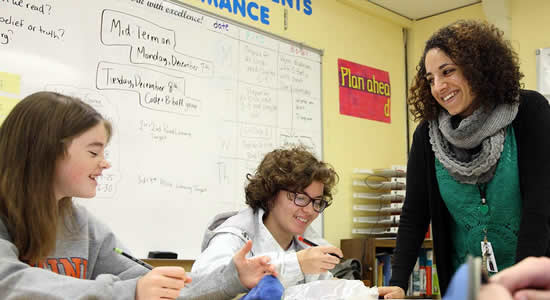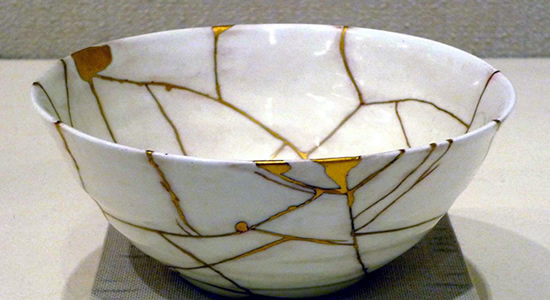
You may not care what happens to your online presence after you die, but think again.
I subscribe to Leo Notenboom’s blog “Ask Leo.” Leo is a true geek who writes about computer issues – and 99% of the time his columns are “over my head.” However, I continue to read just in case I might understand.
This week’s article “What Happens When I Die?” is for all of us—geeks and non-geeks. It gives TalkingBittersweet readers a good roadmap for how to end a person’s online data and pictures.
Whoa! That last sentence sounds so final, doesn’t it? I did for me as I typed it. It shows me how digitally connected I am. Did you have the same reaction?
What Happens When I Die?
Making technology both convenient and secure is a problem we deal with daily. We make trade-offs and use techniques that we hope strike an appropriate balance.
A more difficult dilemma that we rarely think about, however, is death. If something were to happen to you, would the people you leave behind be able to access the information they need? What happens to your encrypted data, online accounts, social media, online finances, pictures, and digital-whatever-else if for some reason you’re not around or able to access it?
I hear regularly from people frantically trying to access important, sentimental, or critical data that a recently deceased or incapacitated friend or family member has locked up tightly.
It’s not particularly pleasant to think about, but with all the security measures we put into place to keep bad people out, it’s worth having a plan for letting the good people in.








